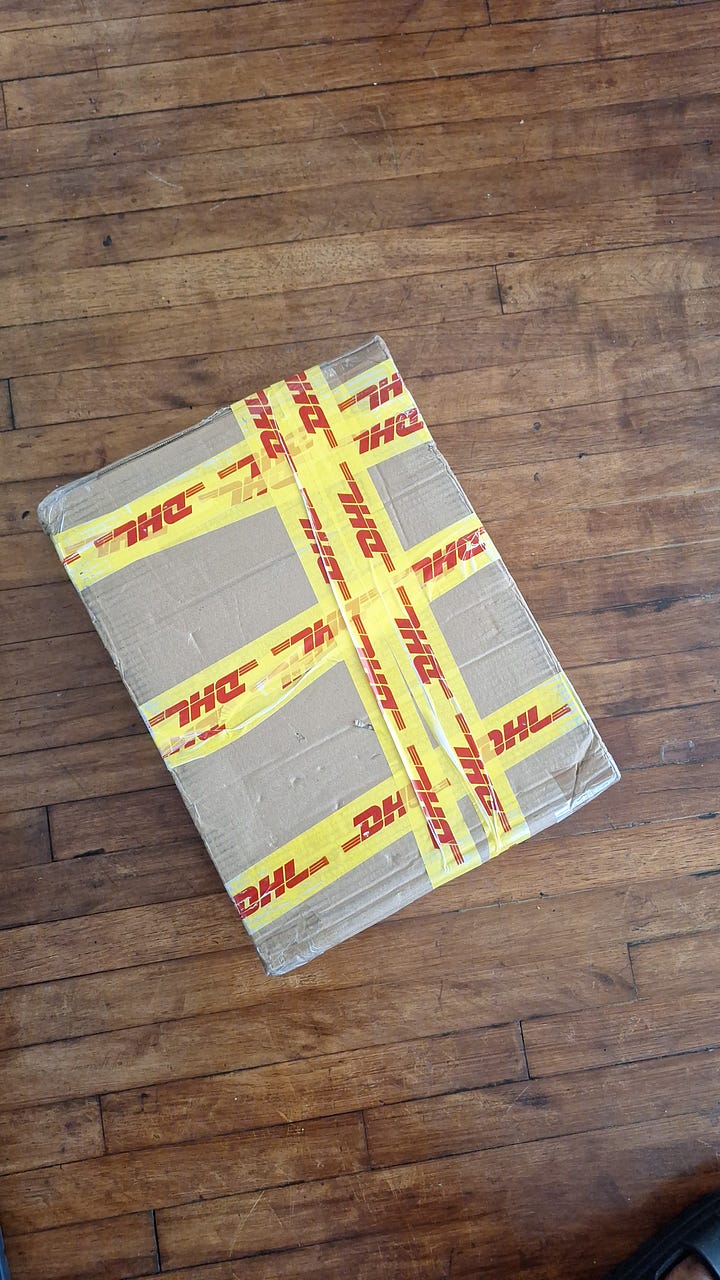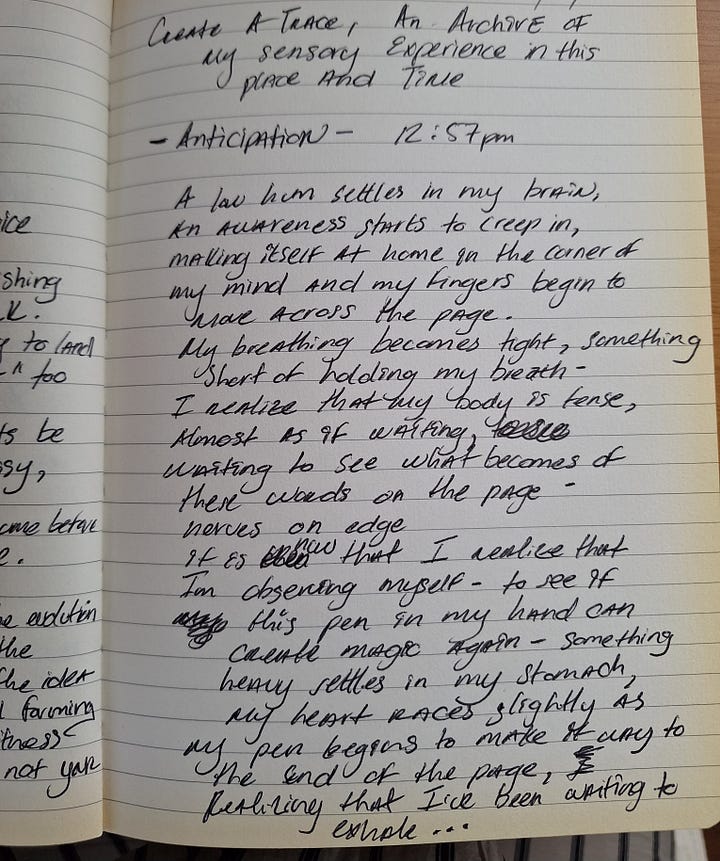Alexus Fay Carter - my sister in Christ, my girl. We first met in Los Angeles, introduced through a mutual friend. From the beginning, our bond was stitched together by faith, by the romantic and complicated microcosm that is life, and by nights (turned early morning’s) spent dancing at The Lash in Downtown LA.
Witnessing Alexus’ evolution as a writer has been nothing short of an honour. From her book Sunflowers Don’t Grow in Da Ghetto to her searing performance of her poem Black Woman, she weaves language into worlds - tantalising, tender, and unflinchingly true. Her work doesn’t just tell stories; it enfolds you into the weight and wonder of womanhood.
When we spoke recently, I couldn’t stop smiling. Though our conversation moved through the jagged terrain of trauma and the heaviness since the pandemic, Alexus carried her characteristic optimism - an abiding faith in the future. She spoke of giving herself a year of pause, permission to simply live and to write without pressure, to play.
Just as we were diving deeper, she arrived to pick up lunch and read her order number, “YM98”, before returning seamlessly to the conversation, emphasizing life’s interruptions as part of the everyday rhythm.
In the years since the pandemic, Alexus has been slowly coming back to herself. She reflected on how she once saw writing through the narrow lens of literary elitism - a canon that made her despise what she loved most. But in stillness, when the world was asked to sit, she began to see differently. She reconnected with her faith, with her body, with the everyday nuances of life. Writing became less about performance and more about homecoming.
She asked herself: How do I play? What does it mean to feel rooted in my body? How can I find that through creativity?
Movement became her medicine. She walked the beach everyday instead of walking into gyms, challenging the confines of machinery as a way to connect with the body. Through this deliberate slowing, God placed a book on her heart. She didn’t yet know the subject, but she knew it had to be written. With humour and sharp self-awareness, she reminded herself:
“Bitch, you’re a creative-ass feminine being, and you’re letting these circumstances suppress you. How are we going to move this energy out?”
It was a moment of becoming. A leap of faith into purpose.
When I reached out asking if she would participate in the case project in May, she said the timing felt divine. The case arrived on 16th August, 2025. For the first week, she wasn’t able to open it - but the anticipation compelled her to write down her feelings. When she finally opened the case, she lingered with its physicality - the stickers, the mementos, my handwritten note. “Omg, Shaye! Everything’s digital, but this is handwritten. I love that.”
I had left a three-page note inside the case, a message meant for each artist, to remain there as it travels. A small, private act of intimacy and energy exchange amidst an otherwise digital archive.
For Alexus, life in California means daily reminders of ICE’s presence, of surveillance in the everyday. In the midst of career transition and emotional turbulence, she began making voice notes - not intentional poems, but inner dialogue that, inevitably, turned poetic. That’s who she is: poetic without even trying.
She resisted forcing an outcome, reminding herself the work didn’t need to be complete. Midway through her time, she recorded a voice note - speaking it into existence rather than writing it down. Near the end, she left a note on the hard drive for future artists: a thread to weave through the project, building a living dialogue.
She reflected on how powerful it feels that the project is global. “When you’re in one place, it’s easy to think these struggles are only ours. But when you see the bigger picture, you realise we’re all moving through these shifts together.”
Our conversation pulled me back to 2017, when I organised an exhibition on femininity in Los Angeles. Alexus performed her poetry then, amongst my paintings, Wren’s photographs and live piano playing. She reminded me of that moment, saying: “You always create space for other creatives. That’s what you do, and what you’re good at.” Her words affirmed what I’ve recently realised is my purpose: to unite artists, to return agency to creatives, to build spaces where our voices meet freely.
In turn, I shared some of my own recent history - how the past two years dragged me through the darkest corners of my soul, unlearning and re-emerging shaken but standing with a new and fresh understanding of my heart.
As we resisted the fact that we had to wrap up our conversation (for now), Alexus spoke about her nonnegotiables: holding steady in life and creativity, setting the tone rather than bending to it. She admitted she had spent years sacrificing too much of herself, but now she was stepping, piece by piece, into authenticity.
Her voice carried resolve: a refusal to shrink, a commitment to living aligned, and a deep love for the simple act of becoming through poetry.


The case and Alexus’ journal entry.
Follow the case in real time: @shayethiel
